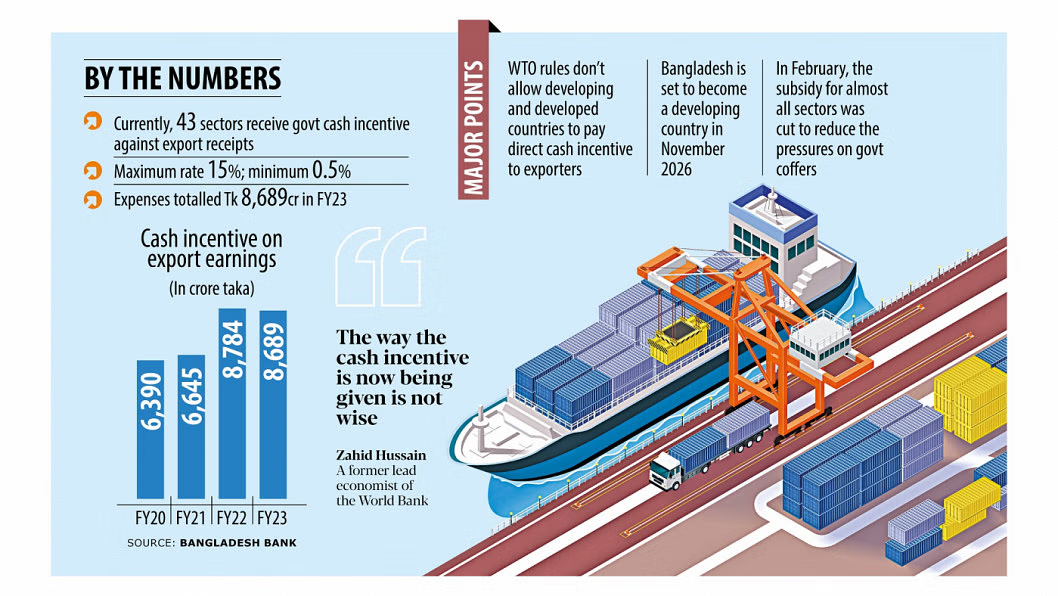That the country’s investment climate is not particularly conducive was again highlighted at a discussion meeting, jointly organized by the Metropolitan Chamber of Commerce and Industry (MCCI) and the South Asian Network on Economic Modelling (SANEM) in Dhaka last Saturday. In fact, the businesses demonstrated a mood of desperation when they reportedly sought a meeting with the Prime Minister to seek her initiatives for removing the hurdles to investment that has remained virtually stagnant in recent years. The state of stagnancy is being discussed widely for quite some time and the policymakers also do not deny the fact that investment has not been picking up. They also do know that their dream of taking Bangladesh to the middle income country (MIC) status within three to four years would not be materialised unless investment, both private and public, gets the much needed boost. One of the main reasons for the country getting stuck-up in the 6.0 per cent growth trap has been the low level investment, particularly by the private sector. It is not that the private sector entrepreneurs are unwilling to make investment. Nor are they or the banks deficient in capital necessary to make investments in productive sectors. Then again, return on investment in any business in Bangladesh has been, more or less, attractive. Yet the investment situation has remained depressed for some visible and invisible reasons. The policymakers who do not miss the single opportunity to mention about the need for boosting investment are aware of the hurdles, a number of which are difficult in nature but not insurmountable. The political instability is often cited as a major hurdle to investment, both local and foreign. Undeniably, this factor has been a real concern. But, as in the case of natural calamities, investors irrespective of their origin, it seems, have learnt the art of living with political troubles of moderate nature in this country. Yet political instability is one factor detested most by foreign investors. The sooner the political power contenders understand this fact the better. Beside politics, what are needed most to boost investment are some painful reforms and an end to policy instability. A Dhaka University Economics teacher in his keynote paper presented at the MCCI-SANEM discussion underscored the need for carrying out ‘second generation policy reforms’ since the ‘first generation’ reforms have lost their efficacy long ago. He also felt the need for putting in place a new investment regime. In addition to policy reforms and political stability, it is important to address the problem of infrastructural deficiency as early as possible. The central bank governor while releasing the Monetary Policy Statement the other day for the first half of the current fiscal listed the poor infrastructure as a major hurdle to boosting investment. That is why in the MPS he kept the policy rates unchanged. The infrastructural deficiency and the problem of graft and rent-seeking even up to the micro level have been inflating the cost of doing business. The situation involving the cost of doing business instead of improving has deteriorated in recent years. Unfortunately, the policymakers are found not particularly interested in taking actions to reduce the sufferings of the businesses on account of graft and rent-seeking. It is often said that the foreign investors watch keenly the bahaviour pattern of the domestic investors before coming to any particular country. In addition to a congenial business environment, they always seek certain incentives and no hassles. Bangladesh does have attractive policy incentives for the foreign investors, in addition to the promise of providing all investment-related services under one roof. But because of bureaucratic complexities, foreign investors usually do not receive the so-called one-window service at the BoI. The long-drawn dispute over the transfer of land to the Korean Export Processing Zone (KPEZ) is giving a wrong signal to the prospective foreign investors. The government had allocated 2,500 acres of land to Youngone Corporation of South Korea in 1999 to build a private export processing zone at Anwara Upazila of Chittagong. But the former now wants to take back 2,000 acres on the plea that the KPEZ has failed to utilize the land. The zone has also been facing other hostilities from the politically influential locals. All the participants, including incumbent executive chairman of the Board of Investment (BoI) Dr. SA Samad and former governor of Bangladesh Dr. Mohammed Farashuddin, expressed unanimity that the government’s tussle with the KEPZ over land has earned ‘bad name’ for Bangladesh among investors abroad. The government might have realized the mistake of allocating a large area to one particular foreign investor for building a private EPZ. But it would have been better for the authorities to take into cognizance all the issues relevant at the time of allocation of land. The move to take back land allocated to a foreign investor is not the right one. For foreign investors the world is wide open. Scores of developing and least developed economies are inviting them with open arms, offering lots of incentives, fiscal or otherwise. The low wage of labour force alone is unlikely to attract many foreign investors.
RMG BANGLADESH NEWS
A Knowledge-based Initiative of Best Sourcing
Ready Made Garments sector is the key source of foreign currency and GDP for Bangladesh. Approximately 4.2 million people are dependent on the RMG sector for their bread and butter.
Ready Made Garments sector is the key source of foreign currency and GDP for Bangladesh. Approximately 4.2 million people are dependent on the RMG sector for their bread and butter.
Contact us: info@rmgcentre.com
© Copyright 2019 - RMG Bangladesh
















